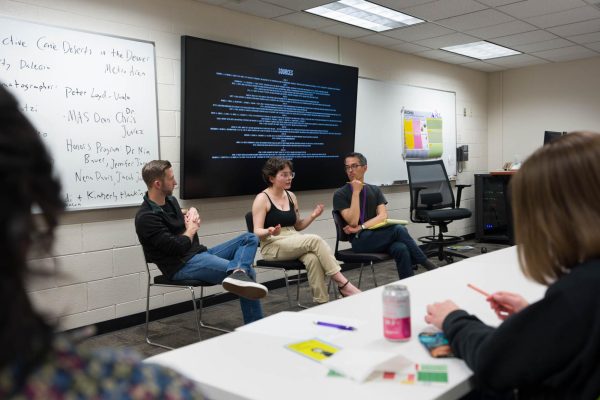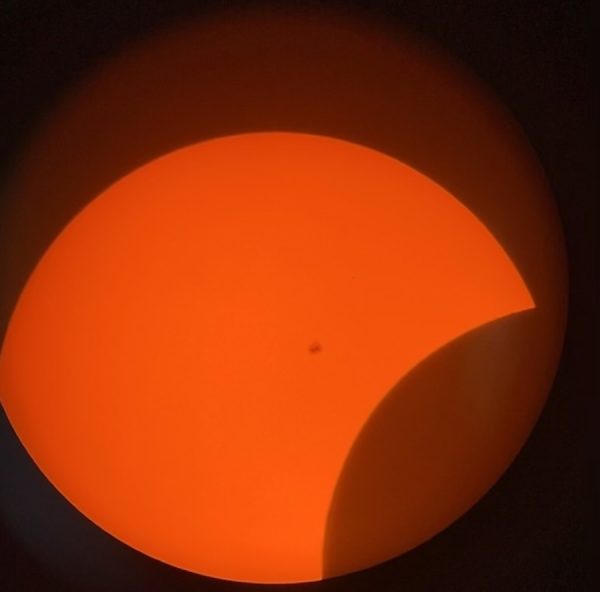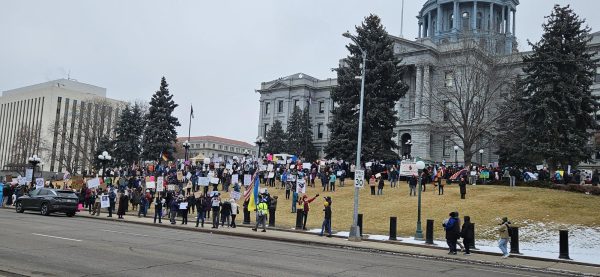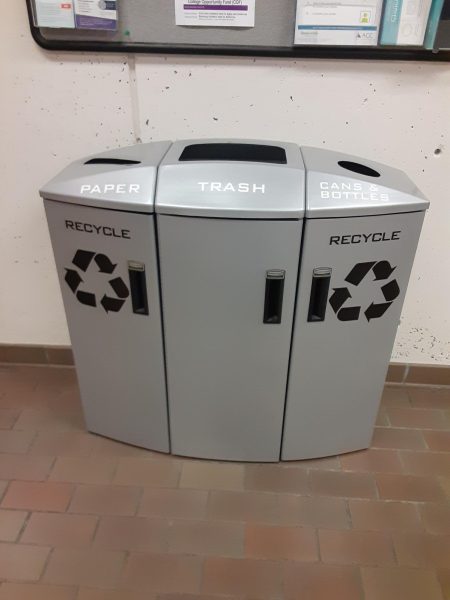Activism in Science Under Trump Administration
“When the voices of scientists are not heard in the dialogue, there is a price to pay.” Janet Napolitano, former Secretary of Homeland Security, noted on the divide between scientific innovation and politics in the United States .
With a federal hiring freeze affecting scientists, engineers, and nurses, the Trump administration poses new challenges in cases of human caused global warming, the endangerment of bees, and the public health of veterans and civilians alike.
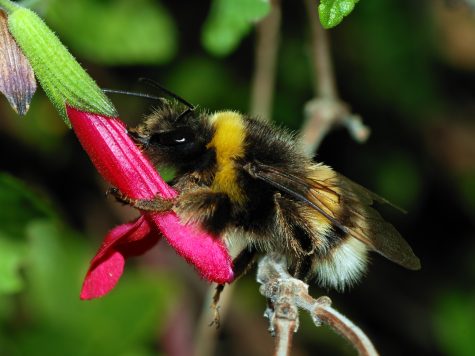
While Trump said that jobs affecting “public health” would not be included, his memorandum does not make the exception.
“Hiring people when you have a system that is not working doesn’t seem to be the most efficient way to solve the problem,” stated White House spokesman Sean Spicer on a January 24th briefing.
The Washington Post quoted Jonathan Samet, a former chair of the EPA Clean Air Scientific Advisory Committee, “I think a deep cut would be devastating to the nation’s capacity to do environmental health and ecosystem research,” commenting on the Trump administration proposing to reduce the EPA staff by a 1/5th, and potentially losing 42% of its research and development budget.

Nikki Bransome, a marine ecologist of 11 years, has multiple concerns regarding new instructions given to the staff at the environmental NGO in Washington, D.C. where she works. In 2017 the instructions include and are not limited to:
- Avoiding discussion regarding climate change in outreach to U.S. government personnel;
- Replace the word “science” with “management” when reaching out to members of the current U.S. congress.
Bransome states that her passion to protect the natural world is, “not just for the sake of having intact ecosystems that sustain wildlife, but also to maintain healthy communities and economies. Environmental policies and sound management rely on a foundation of strong science. I have grave concerns about the actions and stated intentions of the current administration and congress with regard to the role of science, particularly with regard to effects on the environment.”
Amidst the challenges that threaten the US environment and health, what are STEM (science, technology, engineering, and mathematics) professionals to do?
The video below shows Mike Pence expressing his disbelief in evolution:
Run for office and get elected, according to the newly formed nonprofit advocacy named 314 Action. Named after the first 3 digits of Pi (3.141592653…), 314 Action’s mission is to help new leaders from STEM backgrounds run for office.
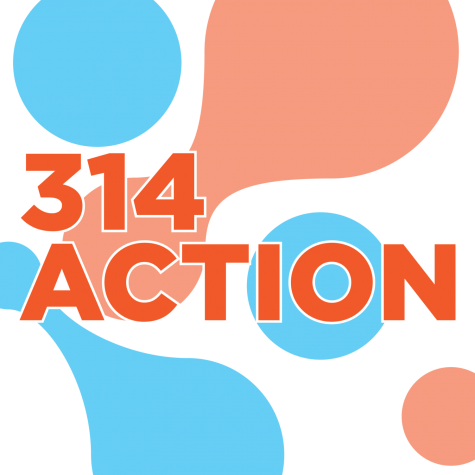
Their goals include, but are not limited to:
- Strengthening communications between the STEM community, the public, and elected officials;
- Education and advocate for science and its use;
- Include the STEM community on social issues;
- Further the responsible use of data driven fact based approaches in public policy.
STEM professionals haven’t typically run for positions in U.S. Senate, House, and State Executive and Legislative offices; why would you want to abandon years of work to play a contentious politics game?
However, since the the election, many scientists have started making their way into open political action. It’s clearly needed since current political policy will go as far to ignore issues of climate change and even the anti-vaccination movement.
The video below shows Dr. Ben Carson and Donald Trump debating the link between vaccines and autism at the CNN GOP debate:
314 Action has put forth an open letter to President Trump and the 115th Congress, stating that as STEM members they are prepared to share their expertise on issues regarding global warming. Anyone in support of scientists being heard can contribute their name to the list, no Ph.D. necessary.

Coloradans can also participate and show their support by joining the March for Science on April 22nd, also known as Earth Day. Visit their Facebook page or website to learn more about the march.
Bransome will also be amongst the many in the D.C. March for Science.
“I will be marching for science on April 22 to tell the federal government that my current work in ocean conservation and sustainable fisheries management requires decisions based on the best available science. The U.S. must continue to support scientific research and evidence-based decision making to ensure we are the global leader in technology and environmental protection.”





